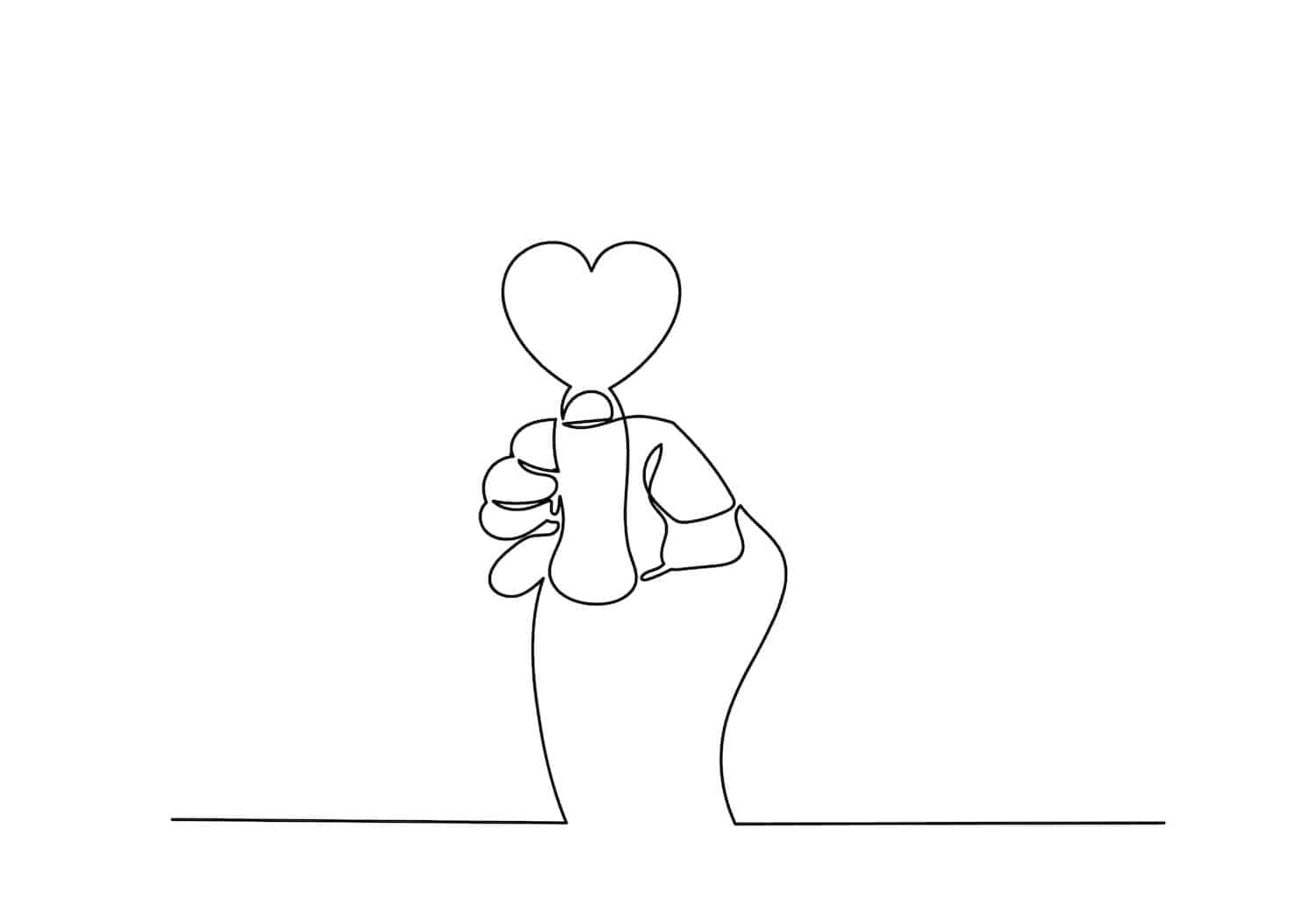Lifeskills South Florida has been fortunate to work with Paul Gallant of Primary Recovery Services for several years. As a licensed professional counselor and board-certified interventionist, Paul has a strong background in providing services that utilize an individual approach to treatment for mental health and substance use disorders.
Interventions are a complex process with a lot of moving parts. Paul has a unique view of interventions, “There is a history of family interaction, a dance, and they need a third party to play different music and teach them some different steps. That is where I come in.”
Families call Paul when they have seen a higher risk level or a more elevated set of symptoms that are leading to high-risk behavior; it has very little to do with where their loved one is in life. Once he gets that call, his immediate response is to ask the family, “Have you asked them to get help, and what did they say?” He has found that the primary characteristic in families is that the loved one is often unwilling to accept help.
What is the intervention process?
After 32 years of experience, Paul knows there is a tried and true process to an intervention. It is the time to communicate three critical things to the loved one: love, concern, and a solution. The solution may be finding residential treatment, such as that at Lifeskills South Florida, or it may be admittance to a hospital. Regardless of the next step, Paul says it is vital for the family, and the loved one to be treated with kindness, dignity, and respect.
He says, “The one thing I have learned in my 32 years is that people need someone to be gentle, but persistent.”
Once Paul understands the situation, the process begins.
- Identify the intervention team, by determining who are the 2-7 people that should be part of the intervention.
- Once the team is identified, ask them to write a letter that will act as a script for the intervention. The letter includes memories with that person and examples of behaviors and the effect of those behaviors. Finally, it includes a solution, and ends with, “Will you please get help?”
- A pre-intervention takes place the night before with a review of the letters and the process.
- Finally, the intervention takes place. Paul asks the loved one, “Are you willing to accept the help your family is offering?”
Paul’s role is then to address any objection they may have and to help them to gain a better understanding of treatment. It’s important to note that Paul excels in customizing this process for those with psychiatric illness, such as thought disorders or personality disorders. In addition to a very skilled, compassionate, non-threatening approach to the client, a knowledge for the current symptoms such as delusions and having a knack of being unrattled by just about anything. Paul, for example, has intervened in psychiatric units of hospitals and engages clients in a thoughtful, mindful, clinically skilled way. Even if clients are still refusing medication and struggling to accept their illness, Paul will work with them and find a treatment center that specializes in not only the illness, but the stage of change.
Is there a difference in mental illness and substance use intervention?
Helping the family move in a different direction and providing a solution is the same for either type of intervention. However, one of the key differences between the two is the ease to set boundaries and limits. In a substance use intervention, the loved one can say no to treatment, and it is easy for the family to concede and set a boundary. For example, stop the substance use, or there will be no more money, or they will have to find another place to live. With mental illness, if the loved one says no to treatment, Paul starts the “what now” process, which may include treatment against their will such as the Marchman Act or Baker Act.
What happens next?
Paul is a family systems guy and believes that everyone in the family is affected by their loved one’s choices and behavior and they deserve help. Paul shares, “I tell the family intervention isn’t family therapy. Let’s get them to help. Let them be scared, angry, sad. It’s about getting quality care. There are a million hospitals that are sub-standard, Lifeskills offers real therapy, and family work, offers options.”
The unique feature about Lifeskills is the ability to treat people at any state of change. Our certified and licensed clinicians partner with each client to achieve the self-awareness, self-reliance, and self-monitoring skills needed to live an independent life outside of treatment. Lifeskills carefully helps each client to build sustained recovery by systematically leveraging a full continuum of care:
- Residential Treatment is provided for those needing a safe, structured, intensive care environment.
- Transitional Living is where clients learn self-management while increasing responsibility and taking steps toward independence in a supportive environment.
- Intensive Outpatient Treatment (IOP) is a step-down level from residential treatment or can be a direct step into treatment.
- Outpatient Program (OP) is a step down from IOP ensuring a smooth transition to independence.
We utilize a holistic approach to treatment that incorporates elements of mindfulness, meditation, and integrated primary care which offers the opportunity for a complete recovery.
Lifeskills values our relationship with clinical partners like Paul Gallant. His insight into mental illness and recovery helps clients find quality treatment options that can help them live a fulfilling life.




